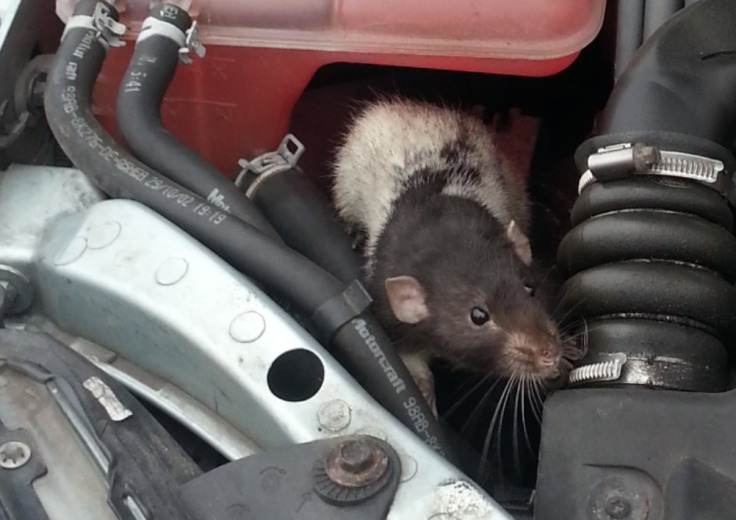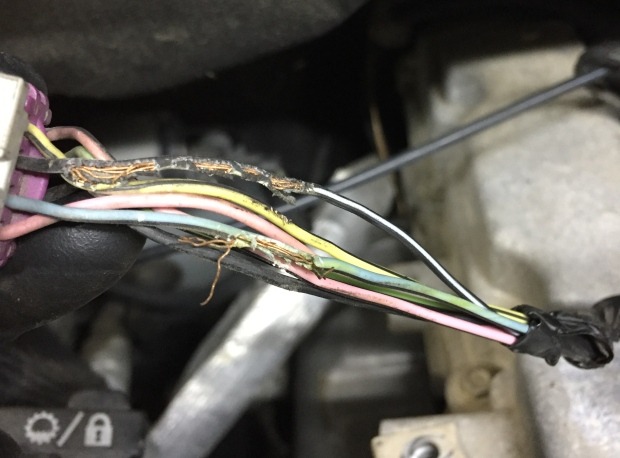Assistance needed: Rat damage costs thousands

Rodents damaged wiring; insurer treats it as multiple claims, each with a £400 excess.
When multiple electrical components in my Volkswagen Tiguan malfunctioned, I discovered that rats had chewed through the wiring and insulation in various locations, resulting in nearly £6,000 worth of damage and rendering the vehicle unsafe. The entry point seemed to be an air vent near the boot. Upon filing a claim with my insurer, Aviva, they asserted that, considering the damage likely occurred over a period, it would be treated as seven separate incidents, each warranting its own claim. Consequently, I was faced with a £400 excess payment for each claim. However, repair costs for four areas of damage were less than the excess, leaving me responsible for a bill of £801 for these repairs, in addition to £1,200 in excess payments for the other three “incidents.” Moreover, my premiums are set to substantially increase as my claim will be recorded as several claims instead of one.
DS, Thurso, Caithness
In Leeds, a cherished Volkswagen camper van fell victim to rodent damage, proving to be an enticing treat for local vermin. IN’s two-year-old vehicle experienced a breakdown on the road, prompting him to seek warranty repairs. To his dismay, VW declared that rats had chewed through wires on the underside. IN speculates that the switch to plant-based wiring casings in an effort to be more environmentally friendly has made the vehicles more appealing to nocturnal wildlife. Despite the issue being rodent-related, VW refused to cover the repair under warranty and proposed a charge of £1,400 for the fix. Faced with the prospect of recurring problems and expensive repairs, IN, who had dreamt of owning a camper for 40 years, is considering selling the vehicle.
Volkswagen stated, “We can confirm there are no products in the wiring or pipe coating which would actively attract animals. But rodents can seek out chewing materials and nesting places, gaining access through very small holes, and there are areas that cannot, and should not, be completely sealed.”
IN is advised to explore the possibility of a claim with his insurer. Although insurance terms often exclude gradual damage over a period, the Financial Ombudsman expects companies to compensate if the damage resulted from an insured event and the customer could not reasonably have been expected to notice it earlier.
DS, on the other hand, did file an insurance claim, but it turned into a protracted and challenging ordeal. Aviva took eight weeks to reach a decision and authorize a courtesy car. Subsequently, DS endured seven more weeks of fruitless calls to customer service before finally receiving his car back, albeit not entirely repaired.
Upon lodging a complaint, Aviva eventually offered to cover the £5,643 repair cost, add £800 in compensation for the delays, and classify the damage as a single claim to protect DS’s no claims bonus. However, DS believes that the £800 compensation is merely what he was originally owed, considering it covers two of the initial excess payments. He contends that additional compensation should be provided for the subpar service and incomplete repairs.
Despite acknowledging shortcomings in its service and apologizing for the inconvenience, Aviva remains steadfast. The insurer asserts that its policy terms apply to specific events occurring at distinct times. Given that different areas of the car sustained damage, Aviva contends that the rodents must have inflicted harm over an extended period. Consequently, the case was treated as several claims, and only the ombudsman could potentially overrule their decision if DS pursues the matter further.

The likelihood of wire chomping increases during winter as rodents seek refuge. To deter these unwelcome visitors, ensure the interior is free of food, explore sonic or chemical rodent repellents, install metal mesh over potential access points, and refrain from parking too close to common rodent habitats like bins or dense vegetation.


